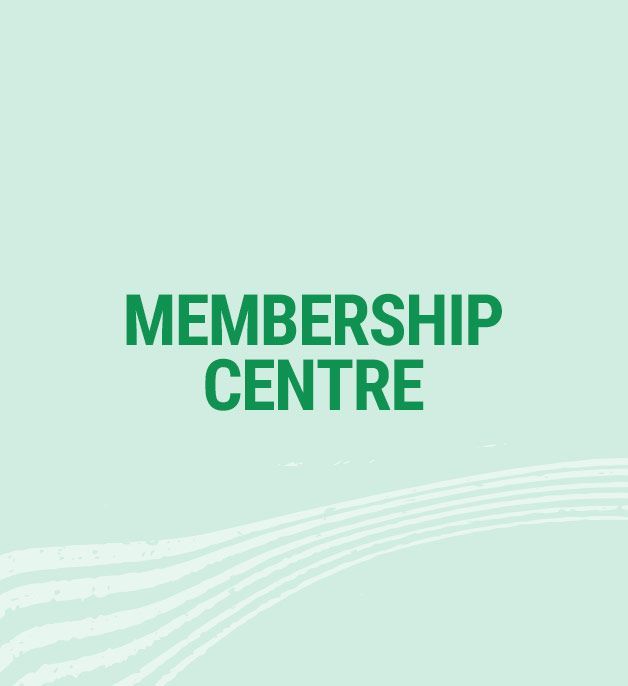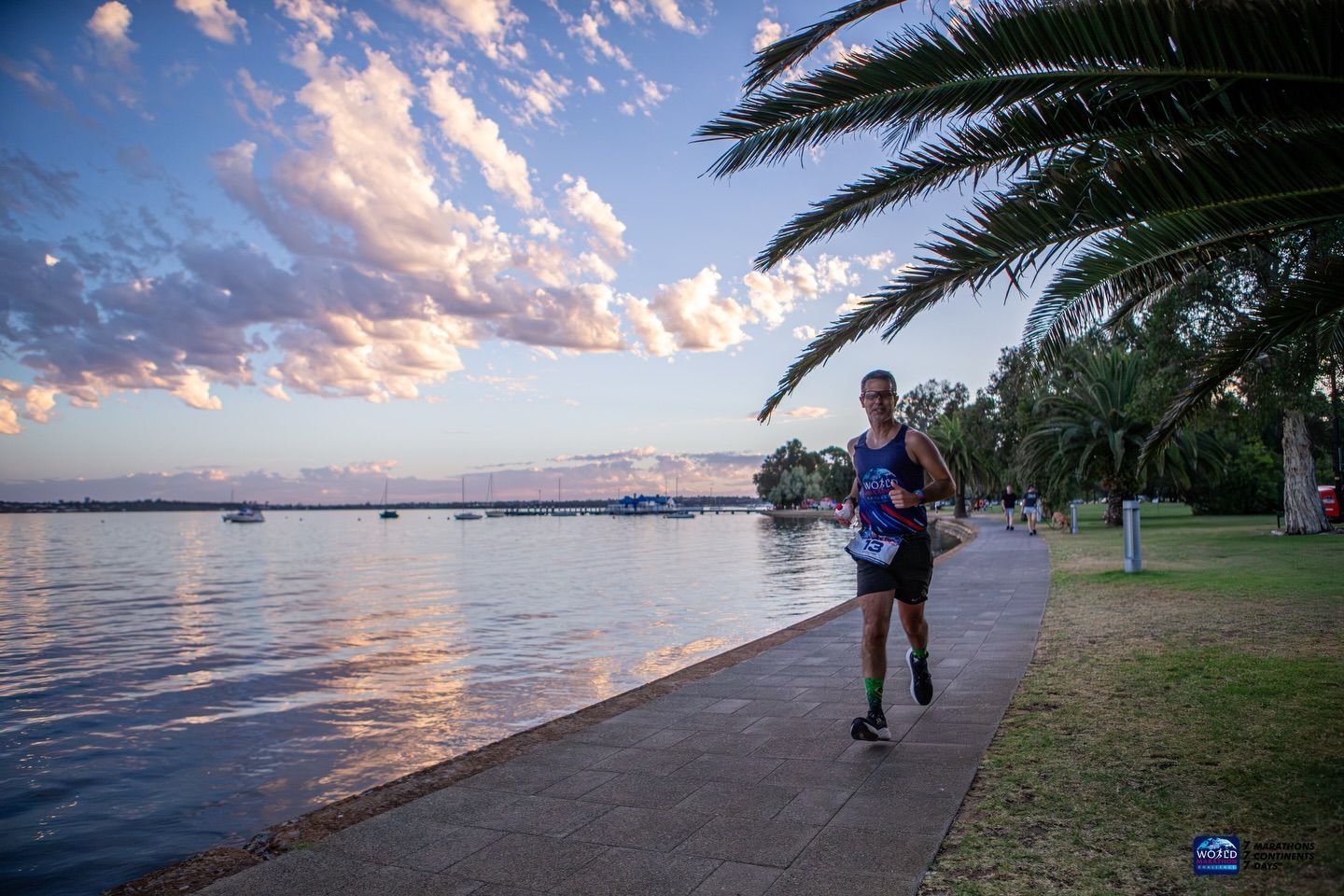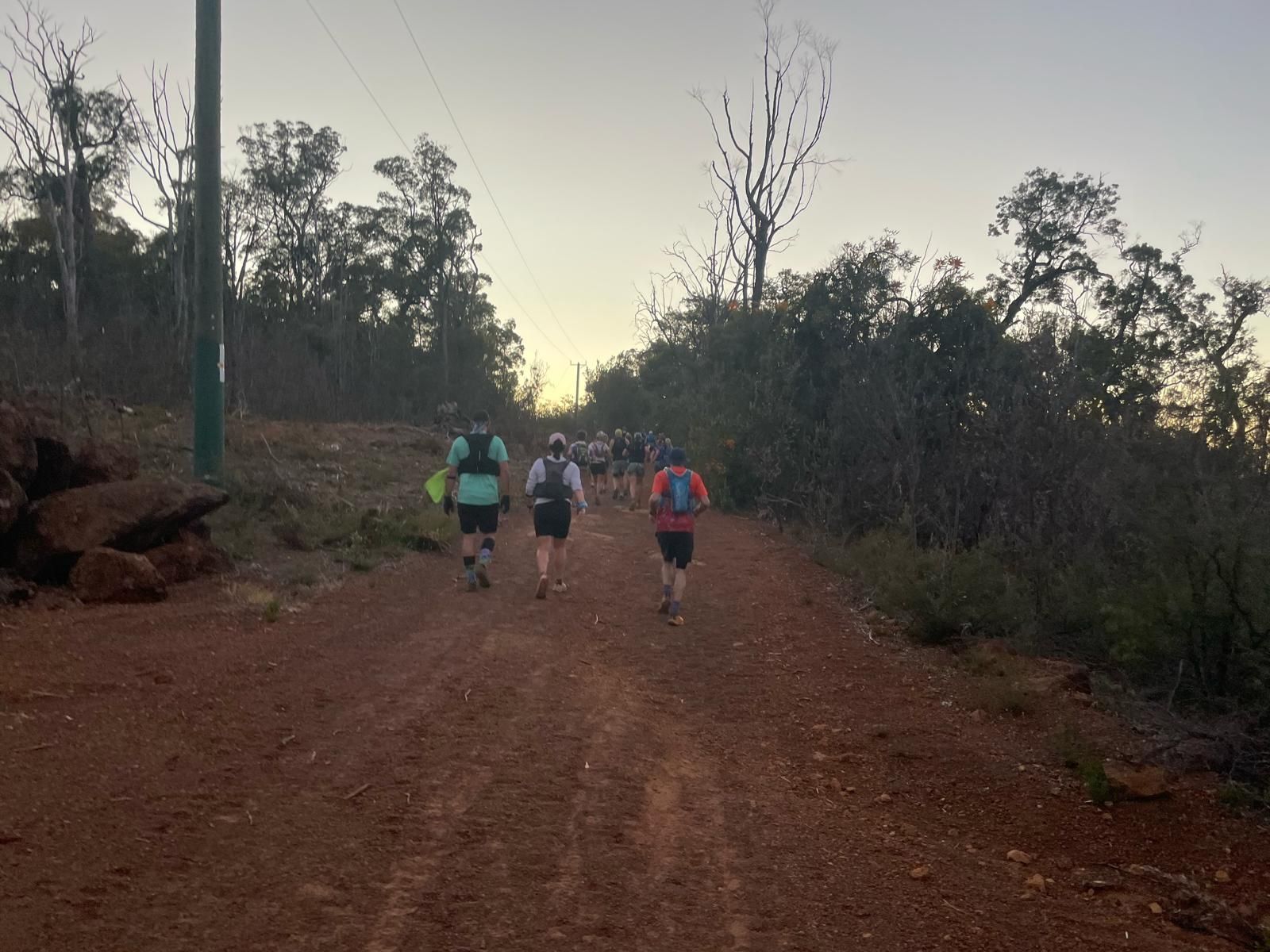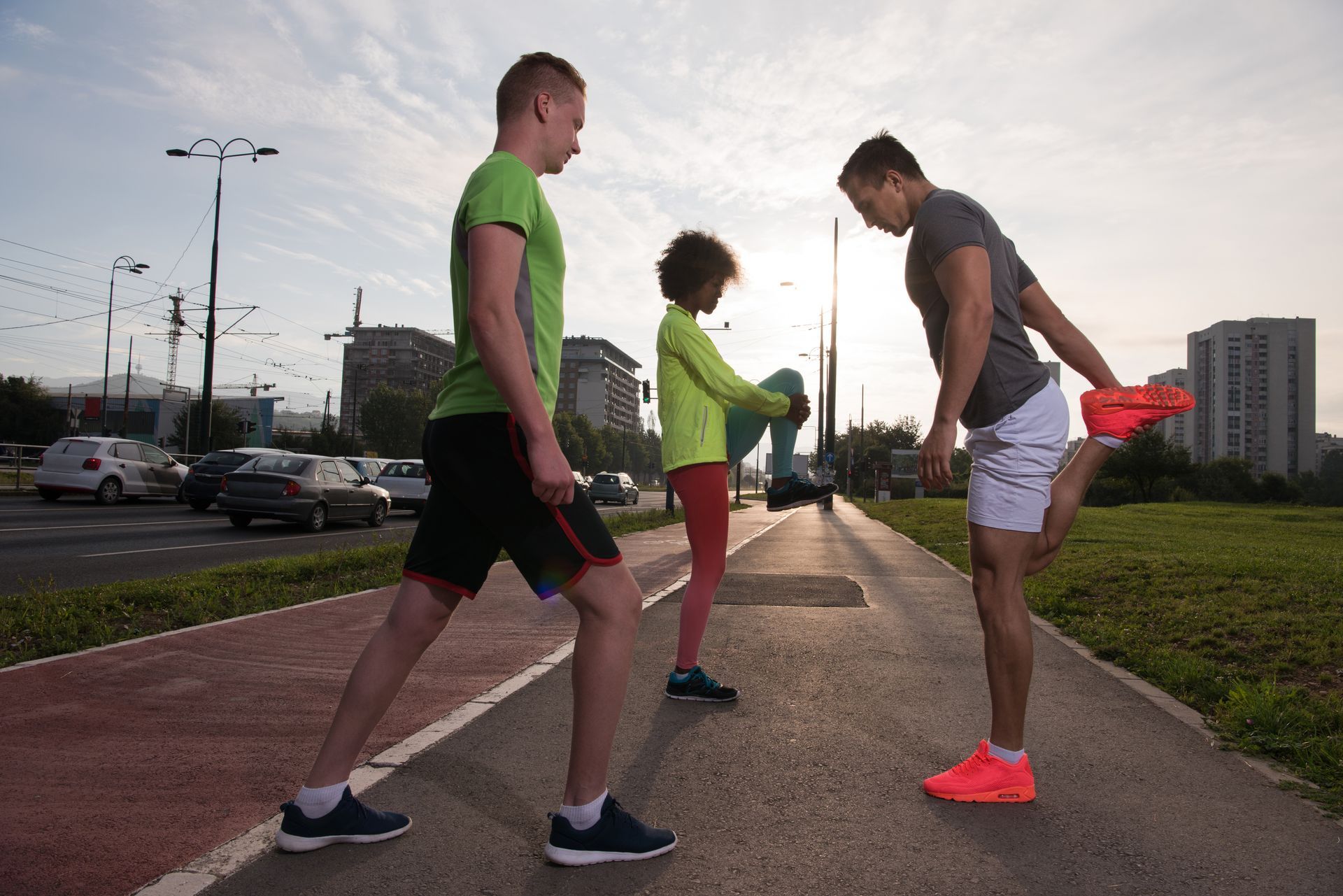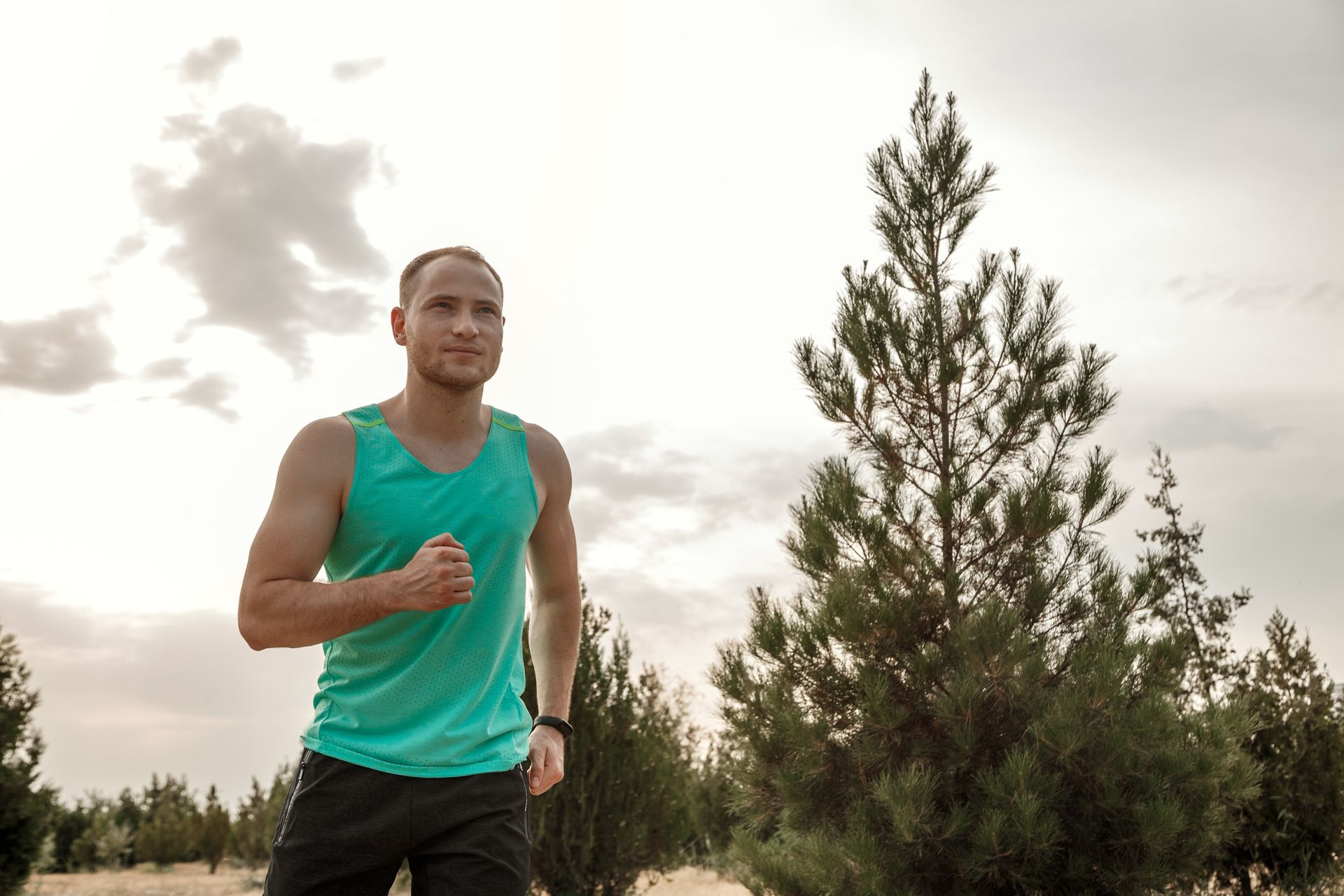
COACH'S CORNER - Why Being Flexible Is Key by Glen Smetherham
why being flexible is key for ultra marathon training, as explained by consistent running coach glen smetherham

Ultramarathons – any race longer than the standard marathon, often taking 6 hours or more – put huge strains on your body and mind. Think massive calorie burn, staying hydrated, muscles and joints taking a pounding, and needing serious mental grit to keep going.
While having a structured training plan, maybe using periodisation, is really important, sticking too rigidly to that plan can actually backfire for ultra runners. The sheer variety in ultras (think gnarly trails or unpredictable weather) and the fact that everyone reacts differently to training means a fixed schedule might not give you the recovery you need or account for life's other stresses. This bumps up your risk of things like poor recovery and injuries.
It seems pretty clear that a more flexible approach, where you adjust your training based on how you're feeling and responding, is essential for getting through ultra prep successfully, staying healthy long-term, and performing your best.
How Your Body Adapts (or Doesn't)
Getting fitter boils down to your body adapting to the stress you put on it. You need to progressively push yourself (overload) to improve, but you absolutely must balance that with enough recovery to handle the fatigue. Periodisation is one way to structure this, mixing up the training load, distance, and intensity in cycles. This variation itself is key; different kinds of workouts (like hard intervals versus long, slow runs) trigger different adaptations in your muscles, like building more mitochondria (your cellular powerhouses). So, periodisation already has variation built-in, which fits nicely with flexible training ideas.
A smart plan allows for tweaks based on your feedback. This makes sure you're getting the right amount of stress to adapt positively, not pushing into a state of breakdown (maladaptation). These adjustments might be needed because of how you handled a workout, or just because life outside running (work, family, stress) is piling up.
When Sticking Too Strictly to the Plan Goes Wrong
Being inflexible with training can lead straight to trouble: nonfunctional overreaching (NFOR), full-blown overtraining syndrome (OTS), burnout, and injuries. NFOR and OTS happen when you're constantly doing more than you can recover from. You end up with performance drops that last a long time, plus nasty symptoms like exhaustion, mood swings, and sleep problems. Burnout is that feeling of total exhaustion, feeling like you're achieving nothing, and just losing interest. On top of that, ultra runners see high rates of running injuries (RRMIs), often overuse stuff like Achilles issues, runner's knee (PFPS), shin splints (MTSS), and plantar fasciitis. These are frequently tied to doing too much, too soon.
Managing your training load is critical. One tool for this is the Acute:Chronic Workload Ratio (ACWR), which helps track how quickly your load is increasing. Keeping the ratio roughly between 0.8 and 1.3 is generally seen as a safer zone, while going over 1.5 signals a much higher injury risk. Being flexible lets you make those crucial adjustments – maybe dialling back or taking an extra rest day – when you feel excessive fatigue or a niggle starting, stopping that slide into NFOR, OTS, burnout, or a full-blown injury.
Using Flexibility: Smart Strategies for Better Training
Flexible training methods help you nail that stress-recovery balance. Techniques like auto-regulation, where you adjust workouts based on how ready you feel that day, can get you results just as good, if not better, as sticking to a rigid plan. Smart rest means taking unplanned days off when you genuinely need them (fatigue, soreness, life stress hitting hard) instead of just following the calendar. And proper recovery after an ultra needs dedicated downtime.
Adjusting intensity based on feedback is huge. Tools can help here: your Rating of Perceived Exertion (RPE – how hard did that feel?), daily Heart Rate Variability (HRV) checks to see how recovered your nervous system is (HRV-guided training might even boost aerobic fitness gains), and possibly in the future, even tech like Detrended Fluctuation Analysis (DFA-a1) during runs for real-time feedback. Mixing things up with cross-training (cycling, swimming, strength work) is also smart – it manages the impact from running while still building fitness. Strength training, in particular, is great for improving running economy and performance. Don't forget mobility and flexibility work either. Combining how you feel with some objective numbers (like HRV or ACWR) gives you a solid base for making smart auto-regulation choices. But even with all the gadgets, the gold standard check-in is often just asking yourself: ‘How am I feeling today?’
The Mental Game: How Flexibility Builds Toughness
Flexible training isn't just good for the body; it's great for your head too, which is vital for getting through an ultramarathon. It gives you a sense of control and autonomy, feeding that inner drive most ultra runners have and reducing burnout risk because you have a say in your training. Practicing this kind of flexibility in training might even build psychological flexibility – the ability to adapt what you're doing based on the situation and your values, even when things get tough. That’s a skill you definitely need when you're deep into an ultra. It encourages self-awareness and better coping skills. Plus, being flexible simply reduces overall stress by letting you fit training around life's demands, ensuring training remains a positive force for adaptation, not just another burden.
Putting It Into Practice: Weaving Flexibility into Your Ultra Plan
So, how do you actually do this? It starts with monitoring yourself and having a way to make decisions. Your key tools are subjective feedback (mood, soreness levels, sleep quality), RPE after workouts, maybe daily HRV, and keeping an eye on your ACWR. A simple "Traffic Light System" (Green/Yellow/Red) based on these inputs can guide your daily choices: Green means go ahead as planned, Yellow suggests modifying (maybe shorter, easier, or swap workouts), and Red means rest or very light activity. It doesn't need to be some complex system built into a fancy app; it can just be a quick mental check-in each morning. You'll build the habit over time. You might get it wrong sometimes at first, but like most things, you'll get much better with practice. Figure out your most important workouts for the week and be prepared to shift them if needed. Good communication with a coach is vital here, or taking the time to educate yourself if you're self-coached. Experienced coaches know that individualisation, dynamic planning, and teaching principles are far more valuable than handing out rigid schedules.
The "Christmas Tree" Vibe: What Smart Training Looks Like
Many modern training platforms use colours to show how closely you followed your planned workouts. Usually, green means you were spot on (say, within +/- 20% of the planned time, distance, or Training Stress Score®). Yellow or orange might mean you deviated a bit more (like 50-79% or 121-150% of the plan). Red often flags a missed workout or a major difference (maybe less than 50% or over 150% of what was planned).
While consistency is obviously important, aiming for a training calendar that's only green might actually be working against you in ultra training. A solid wall of green could mean you're just blindly following the plan, potentially pushing through fatigue, ignoring aches, or not accounting for major life stress – all things that increase your risk of getting hurt or burning out.
A healthier pattern over a training block might look more like a "Christmas tree with lights" – mostly green, showing good overall consistency, but sprinkled with some yellow, orange, or even red days. These aren't failures! They often represent smart, auto-regulated decisions. Maybe shortening a run because you felt unexpectedly drained (an orange day), swapping a tough interval session for an easy jog or cross-training during a crazy work week (yellow or orange), or taking a much-needed unplanned rest day to stop a potential injury before it starts (a red day).
Thinking about it like a Christmas tree reinforces that flexibility isn't about being random; it's about making informed tweaks within your overall structure. It shows you're engaged, listening to your body, and putting long-term health and sustainable progress ahead of just ticking every single box on a static schedule. Seeing those occasional "lights" suggests you're successfully managing the planned training stress alongside everything else life throws at you (sleep, food, work, stress, weather), which is exactly what smart, flexible training is all about.
In the End: Train Smarter, Not Just Harder
Ultramarathon training requires more than just grinding out high volume according to a fixed plan. Bringing in flexibility and auto-regulation is crucial if you want to optimise how your body adapts, reduce the risks of overtraining, burnout, and injury, and build mental resilience.
By using feedback – how you feel, RPE, maybe HRV and ACWR – to guide your decisions about rest, intensity, and even the type of workout you do, you can train smarter. This responsive, individual approach is what leads to long-term health, enjoyment, and ultimately, better performance in the tough but rewarding world of ultra-endurance running.
